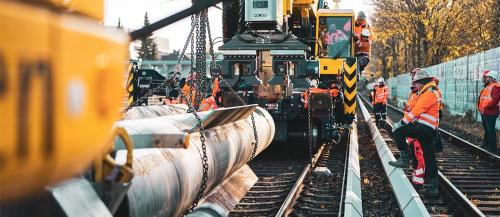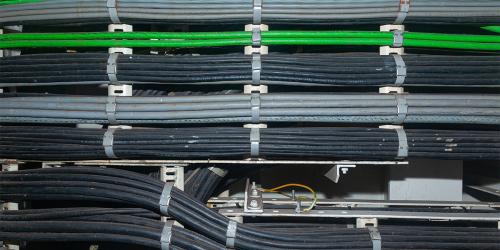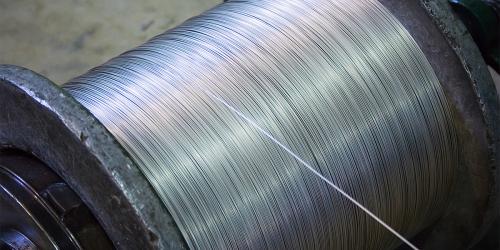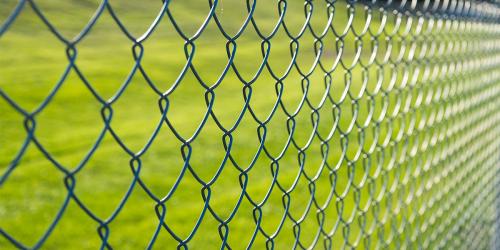This year we have seen a significant spike in nickel prices, especially in March when nickel’s price on the London Metal Exchange (LME) soared up by 250%. After this event, the LME’s operators suspended the trading of nickel for a week to try and get the figure back down. Even though it has now fallen, the price of nickel is still around 60% higher than it was at the start of the year.
The surge in price had some correlation with Chinese firm, Tsingshan Holding Group, who built up a large ‘short position’ in the market after Russia’s invasion of Ukraine, a war that also impacted the sourcing of nickel. The company had contracts that bet the price of nickel would fall and when it didn’t, they either had to buy those contracts back or supply the nickel themselves.
Despite these events having a substantial toll on the nickel market, there were already many concerns surrounding the future of nickel as there simply is not enough of it to be mined across the globe.
Although many metals such as nickel are being used in the production of electrical vehicles, which is a market that is constantly on the rise, more than two-thirds of the world’s nickel actually goes into the stainless steel industry. The amount of nickel in stainless steel adds up to 75% of stainless steel production, and it is found in everything from cutlery, washing machines, garden tools, and even down to stainless steel screws. The high demand of nickel could lead to shortages in the stainless steel industry, potentially causing issues and delayed production for many companies.
Due to the nickel prices and the supply concern, some European stainless steel factories have cut down their production. One of these companies being Spanish firm Acerinox, the world’s fourth largest stainless steel producer. The company decided to halt the purchasing of nickel and began a furlough plan targeting 1,800 of their workers in Cadiz, Spain. This was to slow down the production of stainless steel, in aim to reduce the amount of nickel being used to hopefully help the rising nickel prices.
To try help the industry, chief executive and co-founder of battery materials mining and recycling firm, Nth Cycle, has designed a method of extracting metals like nickel out of batteries. This new approach maybe a more sustainable method of extracting nickel and may help the gap in the nickel market. The process uses electro-extraction to separate metals out of crushed batteries, as well as out of rocks and metals dug out from mines. Lithium ion batteries are found in everyday items, including our phones which depend on a mix of nickel, cobalt, and manganese, but in many batteries nickel accounts for 80% of the components.
Could recycling batteries really help the stainless steel industry and the current problem of sourcing nickel? We believe this will only contribute to a tiny amount, recycling items such as batteries may help now but may not in the long run. Inflation is currently at its highest, especially within in the UK and it is something we have to deal with. Maybe the price of nickel is something we have to deal with too, only time will tell.






